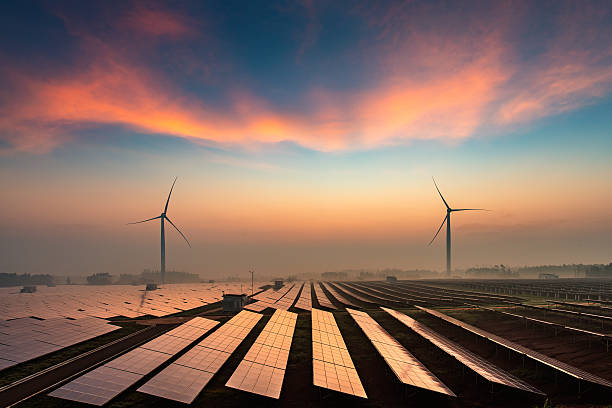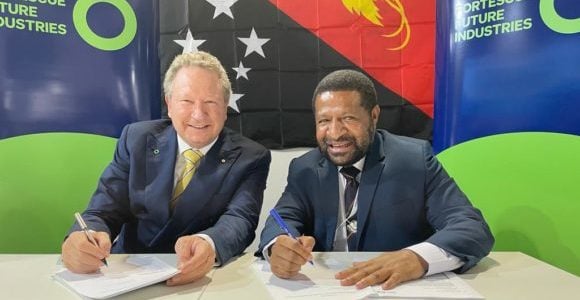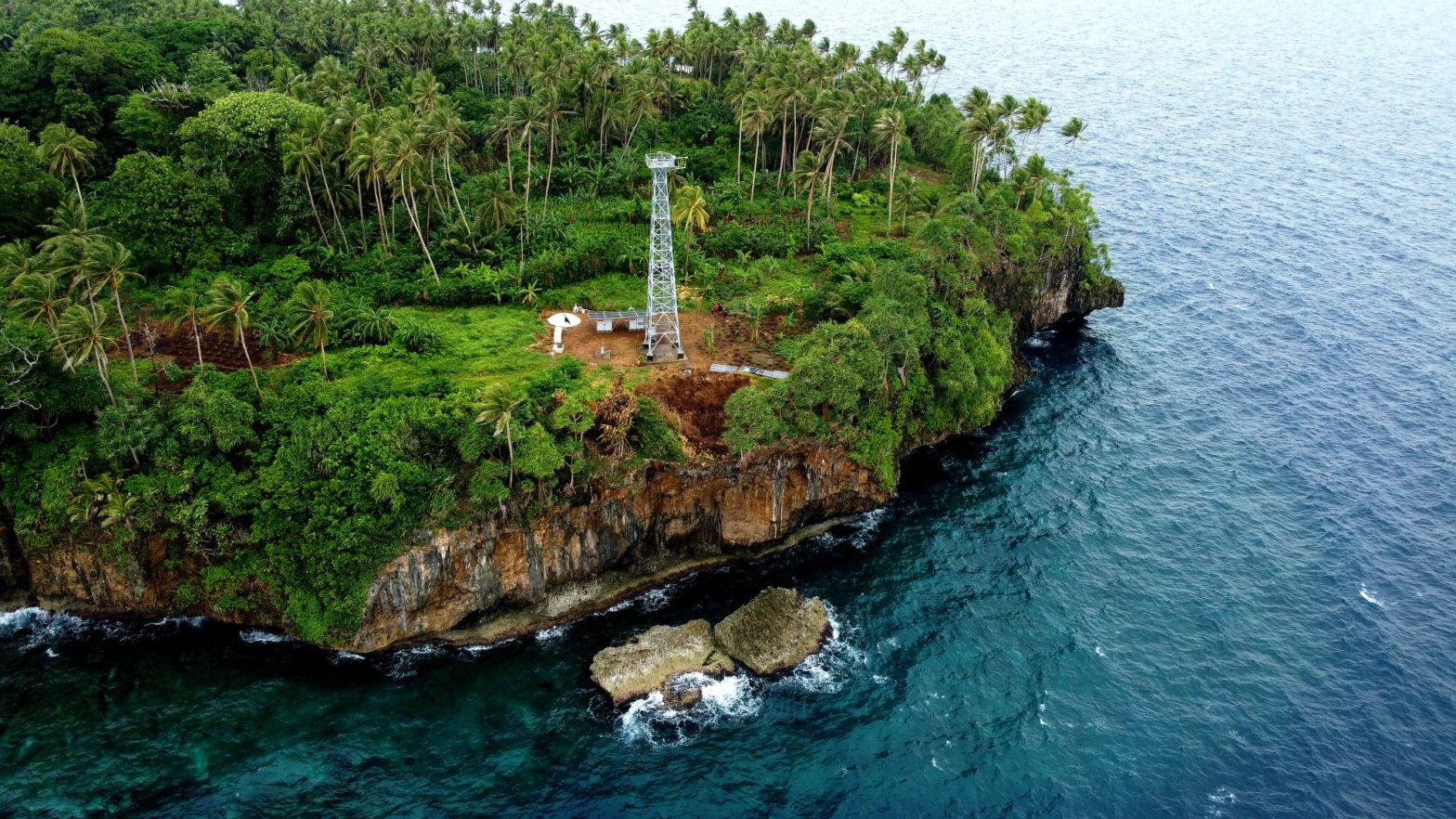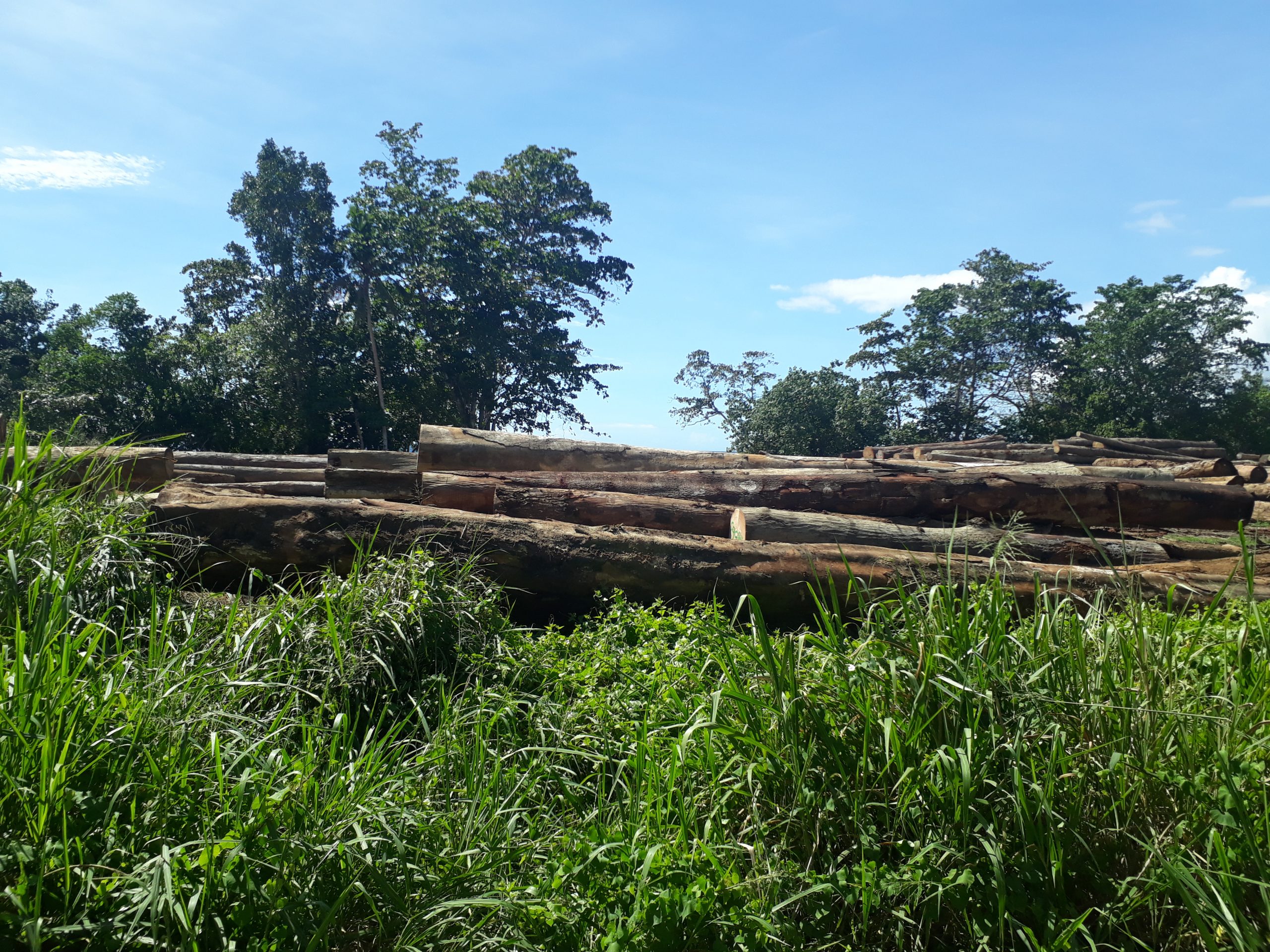A project to boost investment in renewable energy and improve electricity services in PNG’s remote areas
The people of Papua New Guinea stand to benefit from more reliable power and fewer carbon emissions under a project that aims to boost investment in renewable energy and improve electricity services in remote areas of the country.
The International Finance Corporation (IFC), a member of the World Bank Group, is working with PNG Power Limited (PPL) to structure a public-private partnership (PPP) that will invest, upgrade, maintain and operate new solar generation sources at a selection of mini-grid centres which enable electrical distribution via systems disconnected from larger electrical grids. The project aims to improve electricity services to customers in remote areas and make PPL’s services more sustainable.
Regular power cuts and the high cost of traditional alternatives – such as diesel generators – adversely affect the productivity and profitability of PNG businesses and can limit employment opportunities. The goal of this project is to enable PPL to work with private partners to increase the efficiency and reliability of power generation across PPL’s remote mini-grids – serving 1.5 million people – while also introducing renewables into its energy mix and reducing reliance on diesel fuel, in turn lowering fuel costs as well as greenhouse gas emissions.
Improving electricity supply and investing in renewables is key to powering a green, resilient, and inclusive recovery for PNG, which has been hit hard by COVID-19. Access to electricity allows schools and hospitals to better deliver essential services and is vital to the private sector, including SMEs and industry.
Despite PNG being a resource-rich nation with abundant sources of energy, access to power is very limited. It’s estimated only 13 percent of people have access to on-grid electricity, mainly in urban areas. In remote areas, access is unreliable, blackouts are frequent, and costs are high. To ensure a reliable supply of power, many larger business customers generate their own power, which undermines the financial sustainability of the network.
“By boosting access to reliable, affordable and cleaner power, this project has the potential to improve many peoples’ lives while contributing to a sustainable economic recovery from the devastating impacts of the ongoing COVID-19 pandemic,” said IFC Resident Representative for Papua New Guinea, Markus Scheuermaier. “It will also deliver significant benefits to the small, and medium-sized businesses that are crucial to creating jobs, underscoring the vital role the private sector will play in PNG’s recovery.”
It’s expected that attracting the private sector to these remote areas will require an innovative approach. Of PPL’s 17 remote micro-grid centres, most use diesel, which studies show is not only expensive but prone to price fluctuations and is highly polluting, damaging the environment and exposing people to adverse health outcomes.
“Access to power is one of the main development challenges facing PNG,” said Thomas Lubeck, Manager for IFC’s Asia Pacific PPP Transaction Advisory Team. “We are working with PPL to enable people, including in remote areas, to be able to access affordable and reliable electricity for their homes and businesses, while also leveraging the nation’s untapped renewable energy resources.”
The first stage of this process is the completion of the project design by IFC, focusing on the technical, legal, environmental, social, fiscal, and economic aspects of PPL engaging with the private sector to provide electricity in selected remote grids of PNG. The analysis will also consider the use of renewable energy and how the power supply can be more reliable and sustainable.
This feature was originally published at IFC on 20 January 2022, reposted via PACNEWS.




